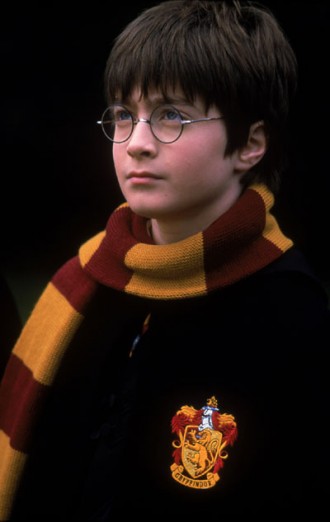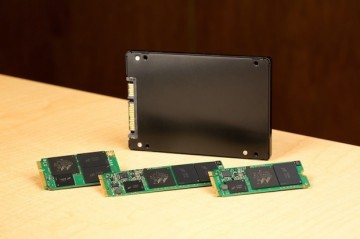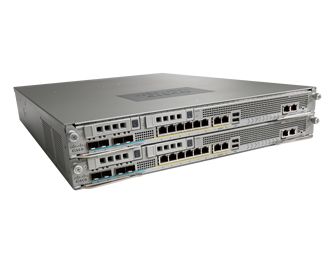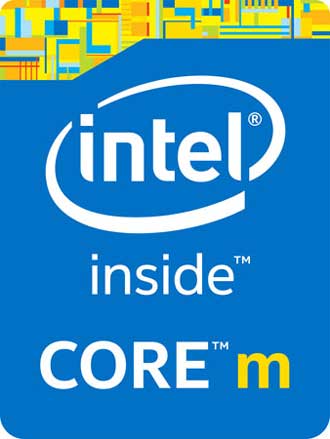It’s going to be difficult to say how much I miss my dear friend Dave Evans, who died last Saturday, after fighting hard with cancer for way too long, but I’ll have a bash.
I first met Dave in 1989 when he worked at ICL Today and I was editing PC Business World. Both were IDG publications, although ICL Today became Fujitsu Tomorrow.
But we only really met properly at an Ingres launch in some giant castle in Shannon, Ireland. Ingres had shipped in must have been hundreds of journalists and proceeded to treat us to so much booze that out of the hundreds of hacks, only five turned up to hear at the very early press conference that Ingres had been bought by a company – a company that time forgot. Dave was there.
At that time, Dave worked, I believe, for Fujitsu Tomorrow but it wasn’t long before Computer Weekly noticed his talent and snapped him up as its features editor. John Riley writes eloquently about this in a Facebook post on news of his death:
”Dave was a beautifully fluent writer who could somehow always conjure up compelling copy out of the most unpromising leads. It’s fitting that he was the first journalist in the UK (maybe the world!) to order a beer electronically (at the Mondex e-cash card press launch in 1995.”
I am unsure how Dave E’s next gig became Computing – the VNU rival to Computer Weekly. But there we renewed our acquaintance because Dave was the acting, some might say, re-enacting features editing at the ‘Ting.
At that time I was working on the VNU Newswire and regularly, at say 11AM, there’d be a knock on the door and Dave would say: “Fancy a cup of tea, Mike?” A cup of tea meant a visit to the John Snow in Broadwick Street and I’d watch him strike out yards of copies from freelancers on paper, and then use his antique Psion Organiser to write entire features of his own.
Back in 2001, I was sitting in a pub in central London with Dave and Tony Dennis – it was a Monday – when a call came through on my mobile telephone device. Sun Microsystems’ general counsel complained about a story we’d written. Dave whispered to me: “Tell her you’re with your lawyer, and he’d like to speak to you.” I said OK and handed him the phone. He said: “Why don’t you eff off you effing idiot,” and then hung up. That was the kind of delightful guy he was.
Before his tech journalism, Dave Evans was a mainstream journo, working at the Currant Bun, the NoW, the Daily Mail and doubtless many other publications in Fleet Street. In a strange coincidence, we found ourselves in Fleet Street on 9/11 as it’s called. I had a meeting and went down to see the second plane crash into the second tower. Dave had met loads of important people in the course of his Fleet Street journalism job. Imagine it!
But this is my overwhelming feeling about dear Dave Evans. He was a deeply compassionate and kind man, went completely out of his way to make people feel welcome, and was a top readable journalist with both wit and wisdom. He was also a very dear dear friend of mine, I love him, and I will miss him. He is survived by his wife Ann, his daughter Carla and his son in law, Ed..
His funeral will be at Beckenham Crematorium, on the 24 September 2014 at 1:30PM, followed by a wake. Ann and Carla would prefer donations to any cancer charity rather than flowers or cards. If you are going to attend, please email scottishplay2011@gmail.com.
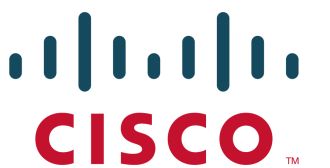 While there was only moderate growth for security appliances in EMEA during the second quarter of this year, Cisco has the most market share.
While there was only moderate growth for security appliances in EMEA during the second quarter of this year, Cisco has the most market share.

